Cocaine: Understanding the Stimulant, Addiction, and Recovery
Welcome to Mountain’s Edge Recovery, a trusted resource for individuals and families seeking information and support for substance abuse and addiction issues. In this article, we will explore the world of cocaine, including what it is, its effects on the brain, its role in substance abuse, causes and risk factors, the DSM-5 criteria for cocaine addiction, side effects of cocaine addiction, withdrawal symptoms, and available treatment options.
What Is Cocaine?
Cocaine is a powerful stimulant drug derived from the leaves of the coca plant native to South America. It is commonly found in the form of a white powder, which can be snorted, injected, or smoked (crack cocaine). Cocaine use is associated with intense euphoria, increased energy, and heightened alertness.
Effects of Cocaine on the Brain
Understanding how cocaine affects the brain is crucial:
- Euphoria and Alertness: Cocaine stimulates the release of dopamine, a neurotransmitter associated with pleasure and reward, resulting in intense euphoria and increased alertness.
- Short-Lived Effects: Cocaine’s effects are intense but short-lived, leading to a cycle of repeated use to maintain the desired high.
- Increased Heart Rate: Cocaine use can lead to an elevated heart rate and blood pressure, increasing the risk of heart problems.
- Psychological Dependence: Cocaine use can lead to psychological dependence, with cravings and compulsive drug-seeking behavior.
Cocaine and Substance Abuse
Cocaine’s addictive nature and cycle of euphoria and withdrawal contribute to substance abuse issues:
- Gateway to Addiction: Cocaine use can lead to stimulant addiction, and individuals may transition to other stimulants when cocaine becomes unavailable.
- Health Risks: Cocaine use can result in serious health issues, including cardiovascular problems and neurological damage.
- Lifestyle Disruption: Cocaine addiction often leads to disruptions in an individual’s life, affecting work, relationships, and overall well-being.
Causes and Risk Factors
Several factors contribute to the development of cocaine addiction:
- Genetics: A family history of addiction can increase the risk of cocaine dependence.
- Co-occurring Disorders: Underlying mental health issues, such as depression or anxiety, may contribute to cocaine misuse as a form of self-medication.
- Social and Peer Influence: Peer pressure and a social environment where drug use is prevalent can encourage cocaine abuse.
DSM-5 Criteria for Cocaine Use Disorder
The Diagnostic and Statistical Manual of Mental Disorders (DSM-5) outlines criteria for diagnosing Cocaine Use Disorder. A diagnosis may be made if an individual meets at least two of the following criteria within a 12-month period:
- Taking cocaine in larger amounts or for longer periods than intended.
- Unsuccessful attempts to cut down or control cocaine use.
- Spending a significant amount of time obtaining, using, or recovering from the effects of cocaine.
- Craving or a strong desire to use cocaine.
- Failure to fulfill major role obligations at work, school, or home due to cocaine use.
- Continued cocaine use despite social or interpersonal problems caused or exacerbated by its effects.
- Giving up or reducing important social, occupational, or recreational activities because of cocaine use.
- Using cocaine in situations where it is physically hazardous.
- Continued cocaine use despite knowing it is causing or worsening a physical or psychological problem.
- Tolerance, as defined by needing more cocaine to achieve the desired effect or experiencing reduced effects when using the same amount.
- **Withdrawal symptoms when not using cocaine.
Side Effects of Cocaine Addiction
Cocaine addiction can lead to numerous detrimental side effects, including:
- Cardiovascular Issues: Cocaine use can result in heart problems, including arrhythmias and heart attacks.
- Neurological Damage: Chronic cocaine use can harm brain function, leading to cognitive deficits and memory problems.
- Psychiatric Symptoms: Users often experience anxiety, paranoia, hallucinations, and mood swings.
- Social Isolation: Cocaine addiction can strain relationships and lead to social withdrawal.
- Legal and Financial Consequences: Activities associated with drug use may result in legal issues and financial instability.
Withdrawal Symptoms
When individuals with cocaine addiction attempt to quit or reduce their use, they may experience withdrawal symptoms, which can be challenging to endure. These symptoms may include:
- Fatigue and excessive sleepiness
- Depression and anxiety
- Increased appetite
- Irritability and agitation
- Vivid and unpleasant dreams
- Intense drug cravings
Treatment for Cocaine Use Disorder
Mountain’s Edge Recovery offers comprehensive, evidence-based treatment for individuals struggling with cocaine addiction. Our programs address the physical, psychological, and social aspects of addiction and recovery.
Our treatment options may include:
- Counseling and Therapy: Individual and group therapy to address the underlying causes of addiction and develop coping strategies.
- Medication-Assisted Treatment: Medications to manage cravings and withdrawal symptoms, when appropriate.
- Holistic Approaches: Incorporating mindfulness, fitness, and nutrition into treatment plans.
- Aftercare and Support: Ongoing support and relapse prevention strategies to promote long-term recovery.
If you or a loved one is struggling with cocaine addiction, please reach out to Mountain’s Edge Recovery. We are here to provide guidance and support on your journey to recovery, offering hope and a brighter future. Contact us today to take the first step toward a healthier, addiction-free life.

